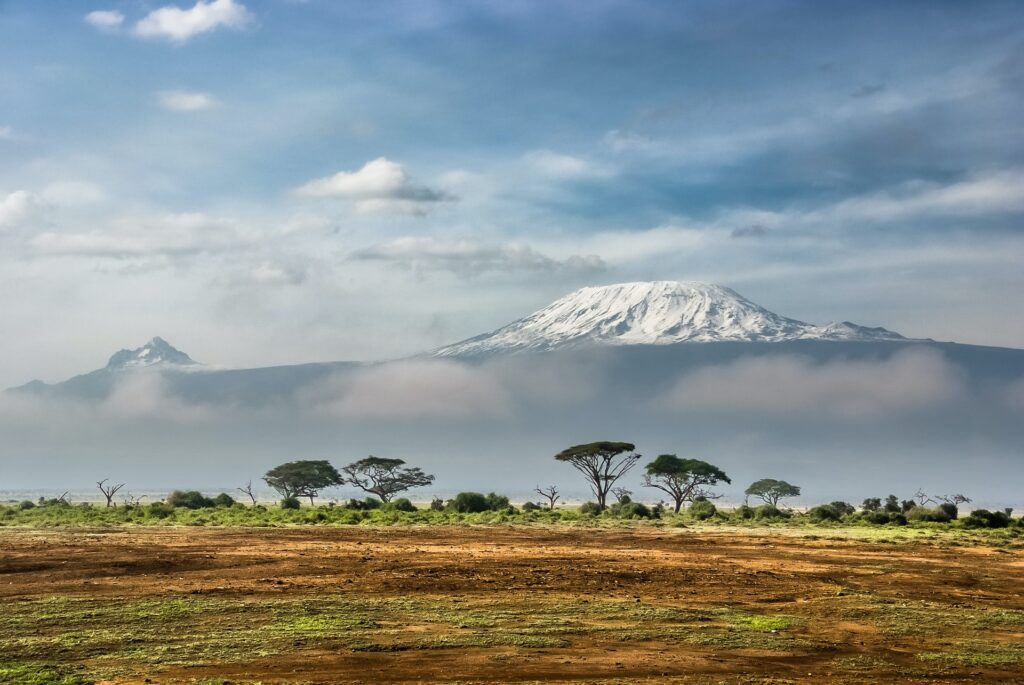Business and Economy
Adapt now or pay later: Pan-Canadian coalition pushes for action on climate resilience

June 28, 2021 (TORONTO) – A new coalition believes that Canada has the opportunity to better protect people from the growing effects of climate change and help communities prepare for – and adapt to – future challenges, including the increasing risk of climate-related disasters.
Today marks the launch of Climate Proof Canada, a broad coalition of insurance industry representatives, municipalities, Indigenous organizations, environmental non-government organizations (NGOs) and research organizations. The coalition is encouraging the federal government to take action now to create a culture of preparedness and build a more disaster-resilient country.
To address this growing challenge across a massive country, governments need to develop the capacity to better coordinate strategy and implement actions that keep our homes and communities safe from the increasing impacts of severe weather.
That is why the Climate Proof Canada coalition is calling on the federal government to better defend Canadians by:
- Prioritizing the completion of the National Climate Adaptation Strategy, ensuring it protects people and infrastructure from the threat of increased flooding, wildfire, heat, drought and extreme weather events, with specific recognition of and attention to the disproportionate impacts of these events on Indigenous peoples and vulnerable communities. This strategy should incorporate measurable targets, leverage private-sector capacity and promote nature-based solutions;
- Appointing an advisor on national disaster resilience to inform and advise Cabinet and the Prime Minister’s Office on the rapidly changing landscape of climate-based and other risks;
- Extending and enhancing its recent work to reduce the risk and impact of flooding across Canada; and
- Ensuring that sustainable finance initiatives help public and private sector organizations assess, disclose and manage escalating physical risks.
Like many countries, Canada is taking steps to reduce emissions as part of its commitment to fighting climate change. This is a crucial undertaking. But Canadians are already seeing and feeling the effects of our changing climate – including more frequent and intense floods, wildfires and hailstorms.
The Climate Proof Canada coalition believes that with prompt and comprehensive government action, Canada can be better positioned to cope with these emerging and accelerating challenges.

Quotes
Canadian Association of Physicians for the Environment, Dr. Claudel Pétrin-Desrosiers, Board Member:
At the Canadian Association of Physicians for the Environment, we know that the climate crisis is a health crisis. Our patients are already suffering health problems caused by wildfires, polluted air and extreme heat. In order to protect our health, it is as essential that our communities have all the needed tools and resources to properly adapt to the growing environmental disruptions as it is to rapidly decrease our greenhouse gas emissions. A national adaptation strategy is key to reducing social inequities and ensuring a healthy future for all.
Canadian Chamber of Commerce, Aaron Henry, Sr. Director of Natural Resources and Sustainable Growth:
Extreme weather events from 2010–2019, caused more than $14.5 billion in losses to the Canadian economy. This is more than 60% of the extreme weather event losses of the last four decades combined. Climate change–induced extreme weather events are not a hypothetical risk, but are here and have already uprooted communities, destroyed critical infrastructures and created mental health challenges. We are happy to join this coalition and stand behind its mission to create a national adaptation plan to ensure all of us, especially the young and vulnerable, have the physical and social infrastructures to face the future with confidence.
Forest Products Association of Canada, Derek Nighbor, President and CEO:
On an annual basis, pest and fire outbreaks are now damaging nearly 25 times the amount of the forest area that Canadian foresters are sustainably harvesting. Modelling from Natural Resources Canada shows that without decisive action this is going to get worse over the next 75 years. This impacts community safety due to wildland fire evacuations, the carbon story of our forests, forest resiliency and productivity, and important economic opportunities in forestry for Indigenous and non-Indigenous communities. A national adaptation plan that focuses on forestry solutions will be critical to achieving our sector’s environmental, social and economic potential.
Insurance Bureau of Canada, Craig Stewart, Vice-President, Federal Affairs:
Insured losses related to natural catastrophic events averaged $2 billion per year between 2009 and 2020, compared with an average of $422 million per year in the 1983 to 2008 period. Last year alone, these losses were $2.4 billion. That’s more than a four-fold increase in such losses caused by severe weather events, which are increasingly attributed to climate change.
For more information visit Climate Proof Canada.
Climate Proof Canada Coalition Members
Insurance Industry
- Aon
- Aviva
- Desjardins
- Insurance Brokers’ Association of Canada
- Insurance Bureau of Canada
- Intact Financial Corporation
- Property and Casualty Insurance Compensation Corporation
- TD Insurance
- Wawanesa
Municipal Government
- Federation of Canadian Municipalities
Indigenous Organizations
- Métis National Council
Private Sector
- Business Council of Canada
- Canadian Chamber of Commerce
- Forest Products Association of Canada
- Environmental NGOs and Research Organizations
- Canadian Association of Physicians for the Environment
- Institute for Catastrophic Loss Reduction
- Intact Centre for Climate Adaptation
- International Institute for Sustainable Development
- Smart Prosperity Institute
- The Pembina Institute





















